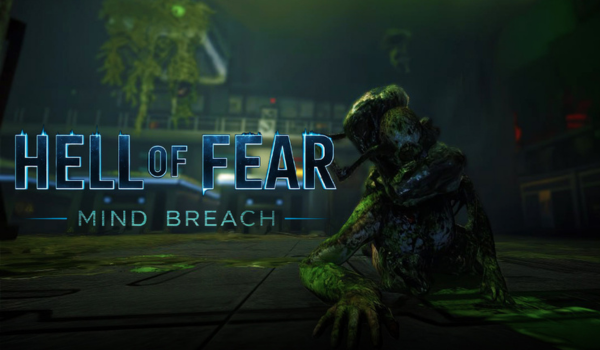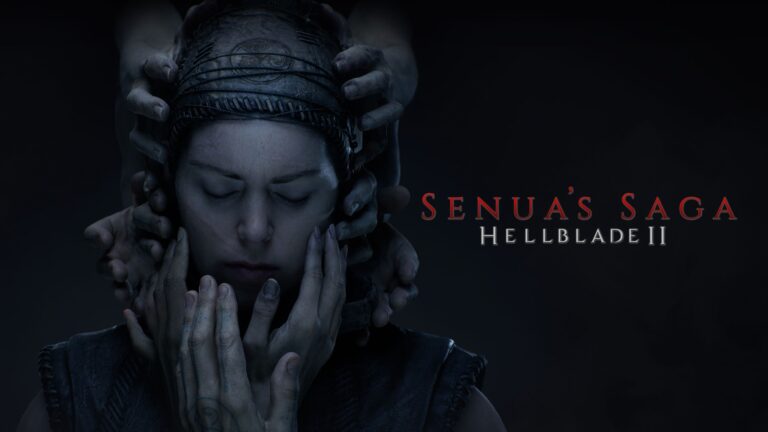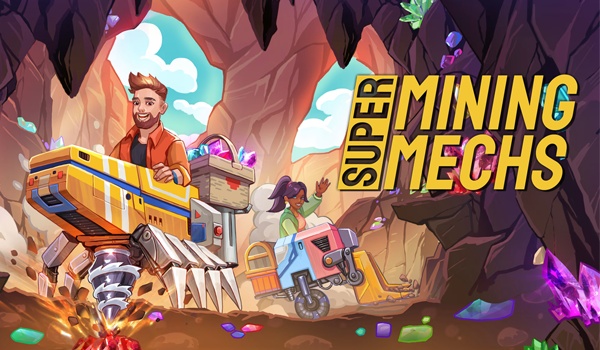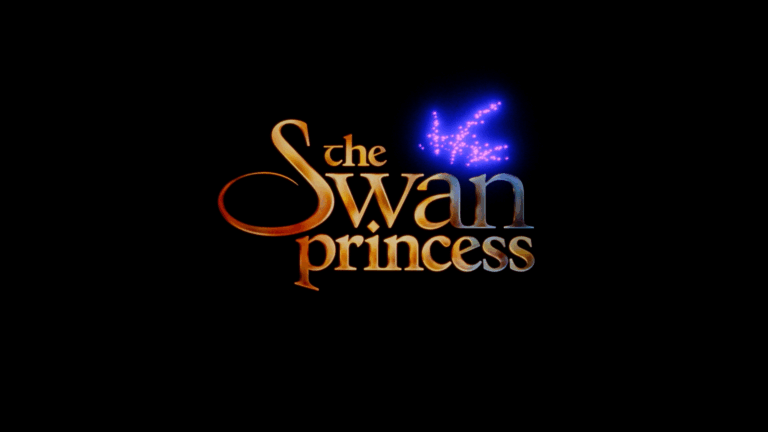
You’ve gotta love a good murder island mystery visual novel. There’s been a few attempts to take the crown from Danganronpa, Zanki Zero and Yurukill for instance. Process of Elimination certainly puts in an effort.
You step into the (gum)shoes of rookie investigator Wato Hojo. After being knocked out by a potential mentor you wake up some time later on a mysterious island. This island is actually a secret base for a detective agency and detectives are being gathered to solve one the biggest mysteries of recent years, The Quartering Duke.

You meet up with the other detectives, who are all very different characters each centred around a personality quirk. For instance, Armour Detective wears armour… there’s also the workaholic detective and the trendy downtown detective. Being the newbie Wato earns the prestigious name of Incompetent Detective, or just Incompetent for short. The game makes a point of sharing real names making a person vulnerable but it also makes it easier to learn who is who. It’s a large cast and some of them won’t be around long.
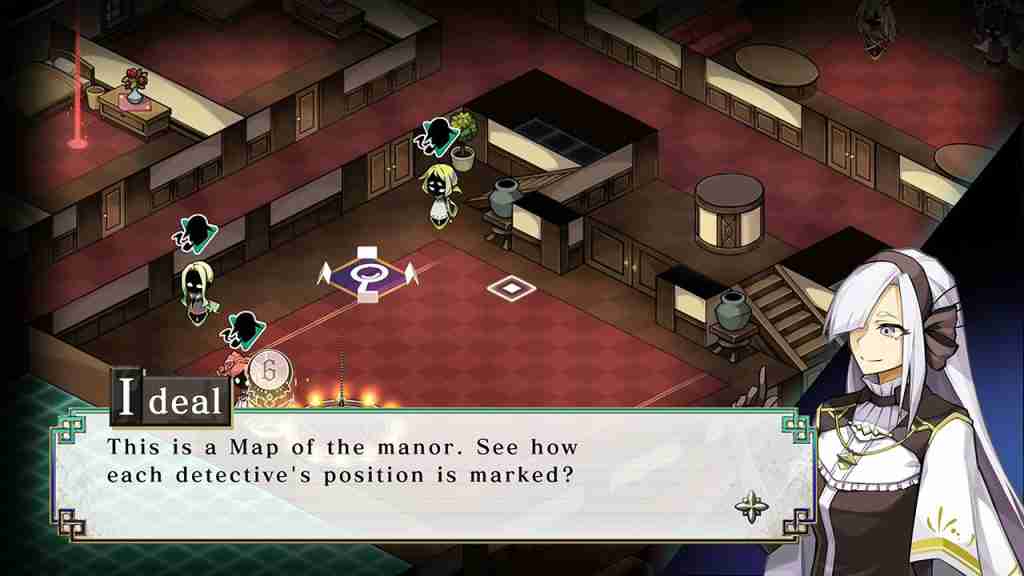
It’s not long until the first murder. The mentor-like character you met is found chopped up in a locked room. Who could have done this? And how? Perhaps the Duke is locked in this mansion with you? There’s a fair bit of reading up to this point, PoE is essentially a visual novel, but the character cutouts have several expressive poses plus extra art and sound effects that keep things lively. However, this is where the gameplay sections start.
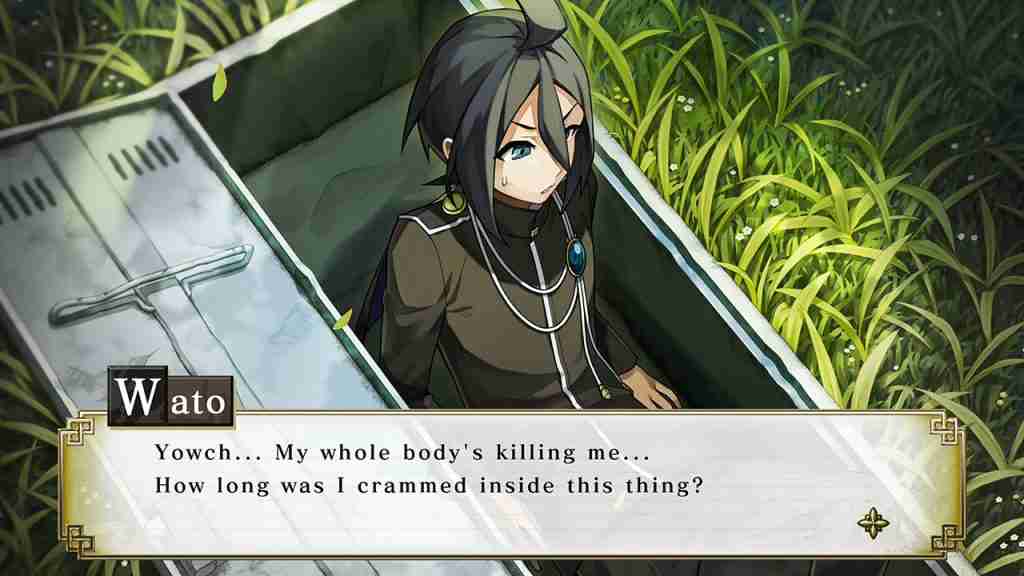
There are two main phases, one for gathering evidence and one where you piece together what happened by answering multi-choice questions and selecting a suspect. The investigation itself takes the form of a board game, very reminiscent of Cluedo/Clue with an isometric view of the mansion/crime scene broken into tiles. You have characters that can move several tiles in one turn and perform actions to infer, analyse, inspect or assist. Infer is used to whittle down a specific mystery, analyse is used to get more information from gathered evidence and inspect is used to uncover nearby evidence. You can move and select one action per turn per character. But wait there’s more.

You won’t always have control of all characters, they can be quite headstrong or proud and can go about investigating alone. You can even get them working together and use Assist to boost their investigative power. It takes a certain number of points invested to unpick mysteries and each detective has their own strengths and weaknesses. I love the board game feel but after the first few it didn’t seem too challenging, although new complications do pop up as you progress.
The game cycles between mystery storytelling and these investigative sections. There aren’t really any true or alternate endings to chase so your choices are mostly for flavour or to pass the investigation sections. There are some hidden memories in the form of additional scenes and a bunch of codex entries to unlock if you’re super efficient at the board game sections though.
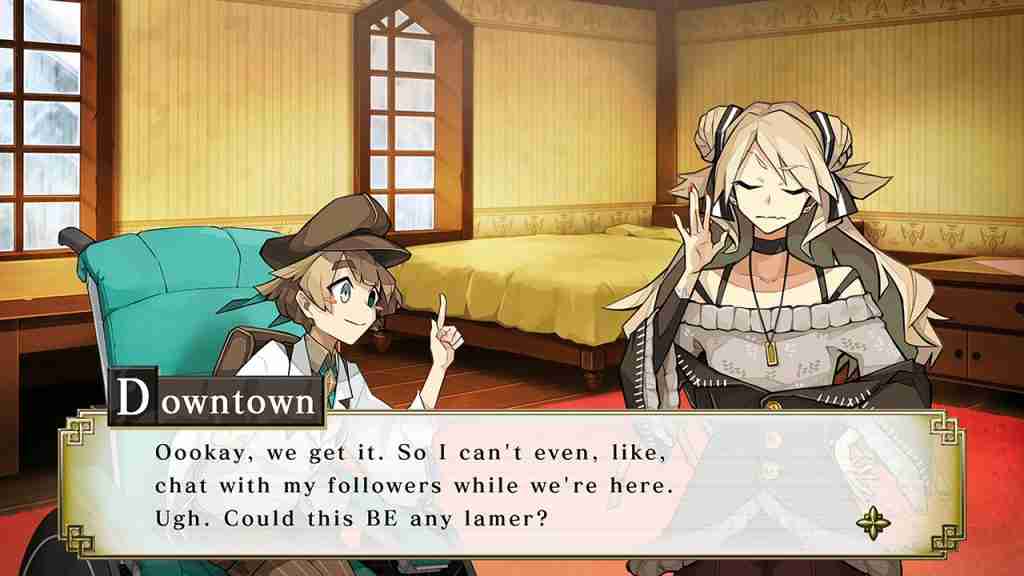
I was really impressed by the writing in the demo for PoE and the main game goes on to impress. It’s page-to-page written well with an intelligent plot. The plot does have some twisty turns that aren’t too easy to predict. The story gives you insight into each of your companions and their outlook on life. There’s trauma behind most of them but this feels a little more pleasant than Danganronpa’s focus on instilling as much despair as possible. The finale message goes into some pretty dark territory discussing some emotional themes but it had a more heart-warming drive behind it that makes for a more satisfying ending.
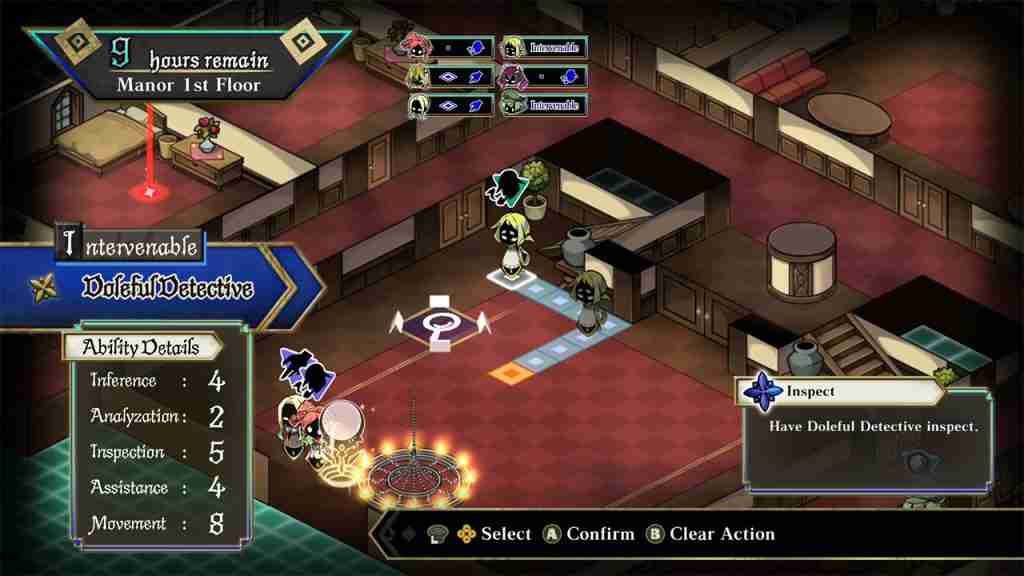
The writing is also fantastic when it comes to the characters, a lot of work clearly went into the translation too as despite the kookiness of its characters speech feels rather natural. There are even clues in what they say and how they say things. I fell for these characters so hard that it was devastating to lose one and I dreaded who it would be next and betrayal stings too. Their designs also mean it doesn’t take long to figure out who is Rowdy and who is Renegade.. again Armour Detective is pretty obvious. I grew to love the character portraits but at first, the art style felt a little less detailed than other similar games. It’s just a different style though and it did grow on me. On the other hand, the music and voice acting (Japanese only) are among the best with quirky conversational music, pulse-pounding tension music and a gentle ambience.
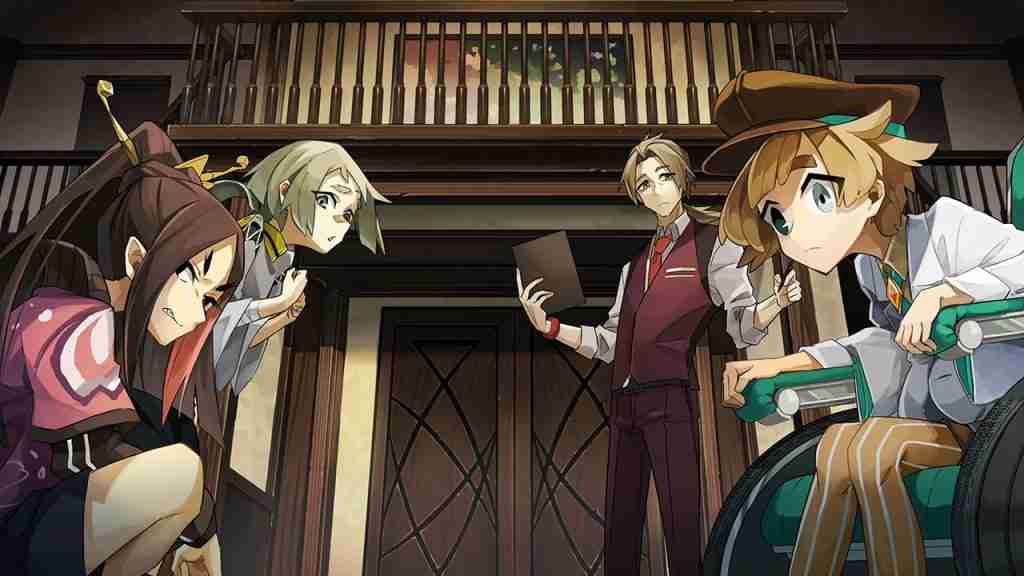
The easiest way to recommend this game is to say it’s an excellent replacement for Danganronpa but with more hope and seeing the best in people. Newbies though, if you’re up for a visual novel experience this is definitely a great one, but perhaps not as accessible an introduction to the genre as something like AI: The Somnium Files.

Platforms: Switch, PS4
Publisher/Developer: Nisa/Nippon Ichi software

